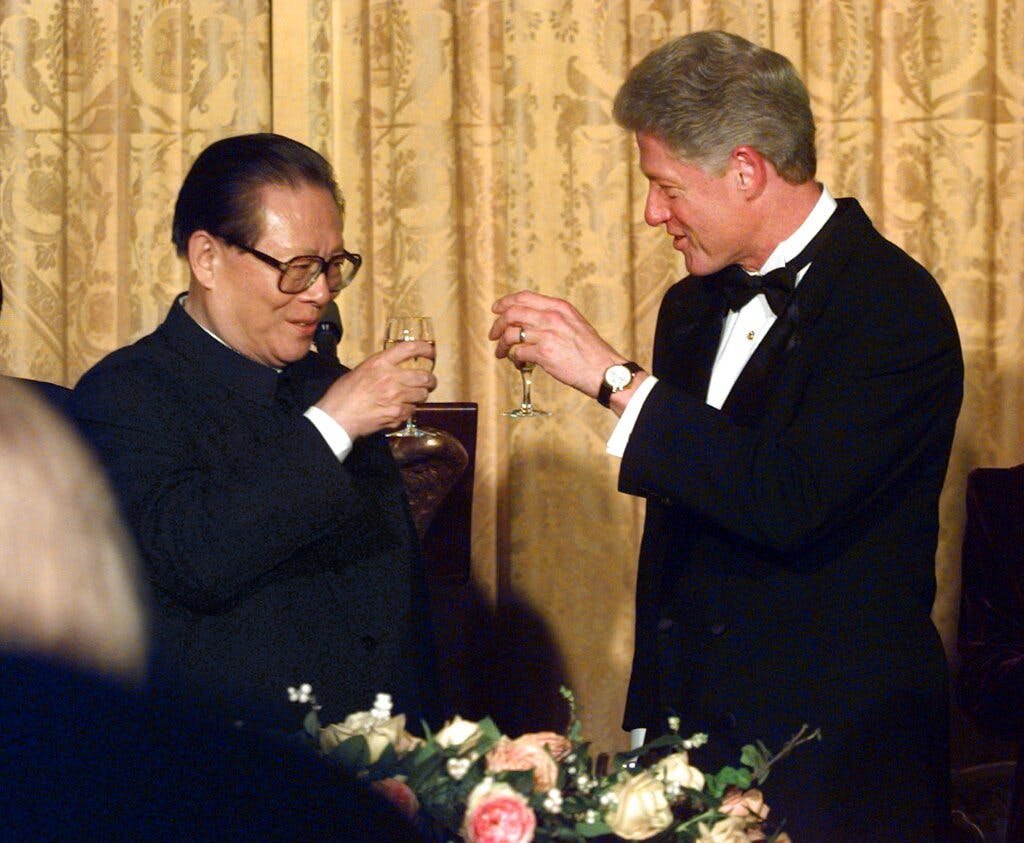
The 82nd Whitney Biennial Masters the Art of Ideological Grandstanding
By MARIO NAVES
|No wonder President Trump told Congress in 2018 that America had ‘erred in supporting China’s entry’ into the World Trade Organization.

Already have a subscription? Sign in to continue reading

By MARIO NAVES
|
By LUKE FUNK
|
By THE NEW YORK SUN
|$0.01/day for 60 days
Cancel anytime
By continuing you agree to our Privacy Policy and Terms of Service.